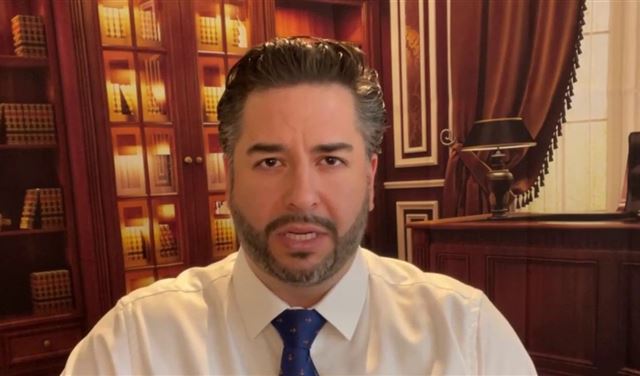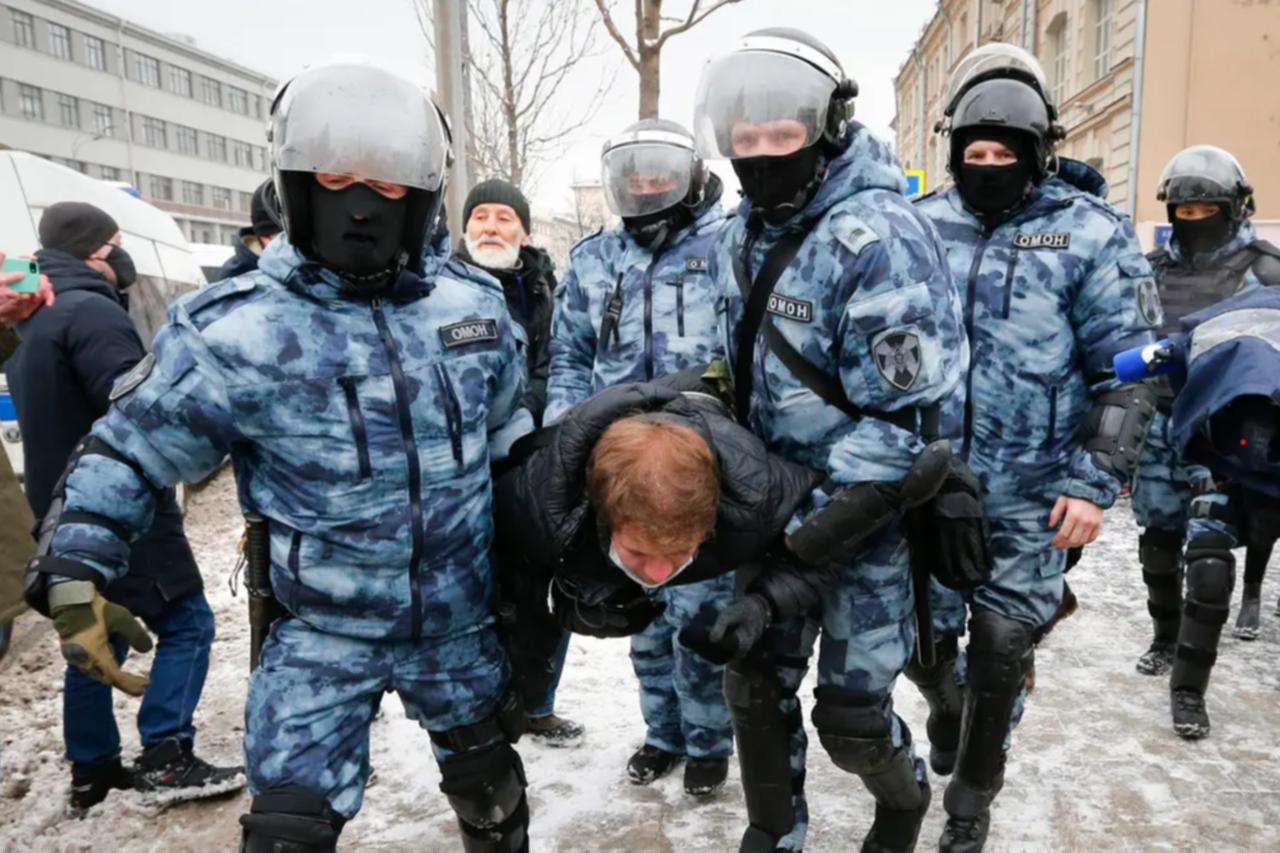
Lebanon plans to build two new grain silos to fight its its worsening food security crisis, the country's caretaker economy minister told The Associated Press on Wednesday.
Amin Salam said that several countries and international organizations have expressed an interest in funding and bidding for the new silos, which will cost a total of $100 million.
"We have had very serious interest from Germany, the United States, France, and even more serious interest from the United Arab Emirates," Salam said, adding that he will visit Qatar soon to discuss the matter.
The small Mediterranean country is in the throes of a crippling economic crisis that has bankrupted the state and pulled over three-quarters of its population into poverty. Lebanon's only grain silos in the Beirut Port are in ruins, after hundreds of tons of explosive ammonium nitrate detonated there almost two years ago. The blast killed over 200 people and wounded over 6,000 others.
One of the silos has been on fire for weeks due to fermenting grain, as it heads towards collapse.
Sluggish wheat imports as a result of the Russian war in Ukraine and skyrocketing food and fuel prices have sparked panic and scuffles at bakeries for partially subsidized bread.
Salam said Lebanon in June received a technical feasibility study by the European Bank for Reconstruction and Development greenlighting the construction of two grain silos north of the capital in the Tripoli Port and in the eastern Bekaa Valley.
"Building the silos will be serious crisis management, because we need the (grain) reserves," Salam told the AP. "All the shipments that took one week to 10 days to arrive now take up to a month. And in some cases they are being canceled."
Salam said he is also in talks with the World Bank and the United Nations High Commissioner for Refugees for funding.
The Lebanese Central Bank for years has subsidized wheat imports to keep bread prices stable, but bread prices have slowly increased as the Lebanese pound lost over 90 percent of its value against the U.S. dollar. The Central Bank has slowly reeled back from its subsidies as its foreign reserves continue to shrink.
The minister last week accused bakery owners of hoarding subsidized wheat for traditional Arabic bread, a local staple, to sell them at higher prices later for a higher profit.
Parliament on Tuesday voted to spend a $150 million World Bank loan on wheat imports, which Salam hopes would keep bread prices steady for at least six months. Lebanon should receive the funding within the next month, he said.
The minister said building the two new silos and having them fully operational could happen within a year. But new silos for Beirut will take time, pending a sluggish judicial probe and a virtually non-existent port cleanup and reconstruction plan.
Salam said the port silos held 125,000 tons. "We're seeking a similar number for Tripoli, and a smaller number in the Bekaa," he explained. "This way, once we have the three of them, Lebanon is secure with nine months of reserves."
Lebanon's economy for almost three years has been collapsing. Experts blame decades of poor economic planning and corruption with no accountability from the country's numerous sectarian political parties. Meanwhile, the government has struggled to implement financial and structural reforms to reach an agreement with the International Monetary Fund for a bailout program and unlock billions of dollars in financial aid.
Source: Naharnet.com




